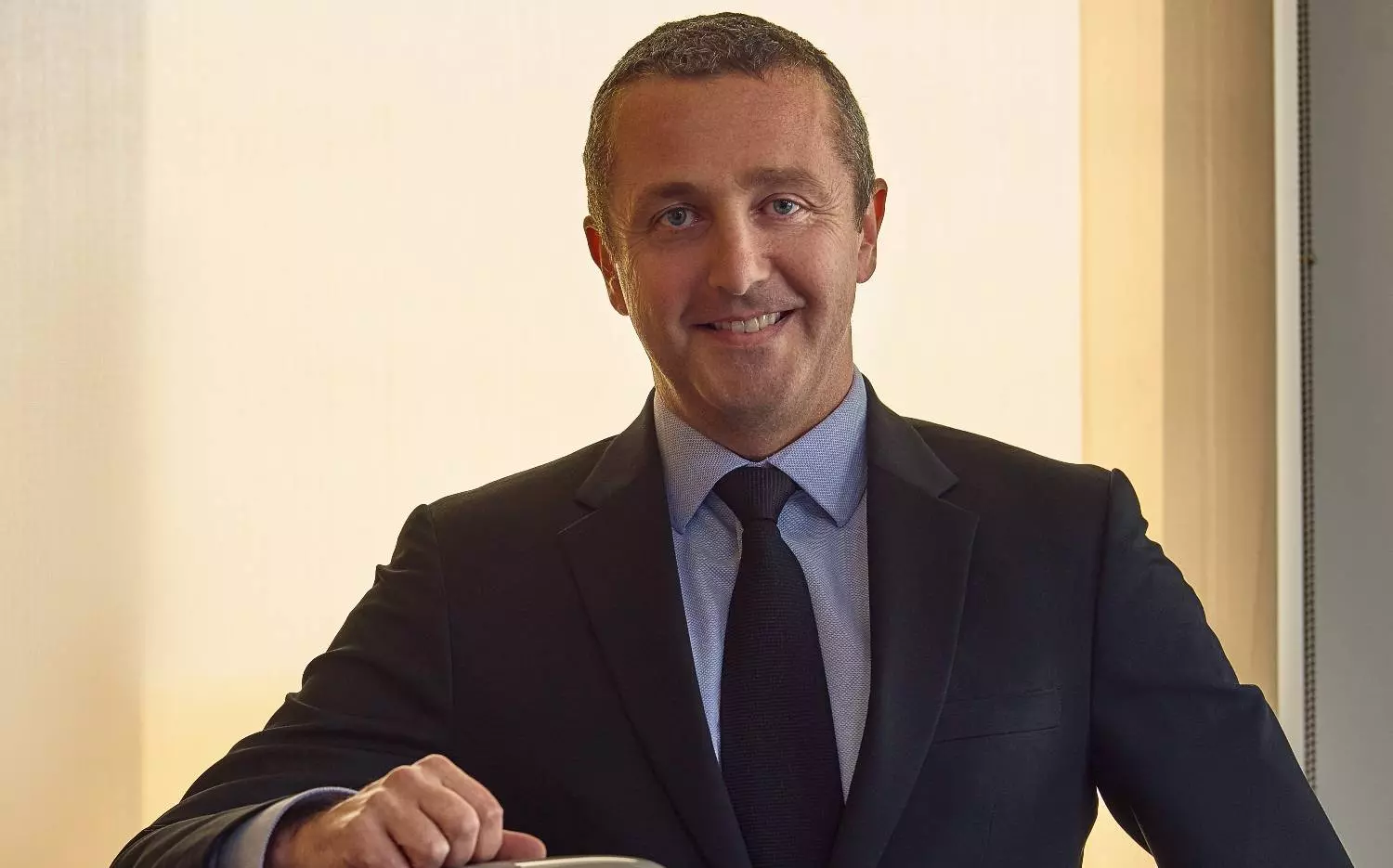'The regulation needs to start much earlier in the supply chain, and it must be sufficient to deter bad behaviour'
Under our #SafetoFly campaign, Guillaume Halleux, Chief Officer Cargo of Qatar Airways talks about compliance, handling of mis-declared or poorly packaged Lithium battery shipments, and the gaps in the value chain

Guillaume Halleux, Chief Officer Cargo of Qatar Airways
Has Qatar Airways Cargo ever had to terminate a contract or end a working relationship with any of your stakeholders owing to non-compliance in ensuring the transportation of Dangerous goods- especially Lithium batteries?
Yes. We have a zero-tolerance policy when it comes to compliance. We have in the past ended a business relationship with forwarders who did not follow regulations. This is not only for lithium but also for any regulatory obligation.
How does Qatar Airways Cargo handle instances of poor and unsafe packaging and inaccurate declaration when it comes to lithium batteries shipment by your customers?
When we identify non-compliances, we work backwards to try to identify the root causes of the failures. We start with trying to understand what the GHA (Ground Handling Agent) missed if anything. Then we work backwards as far as we can – it's not enough that the GHA takes corrective actions to identify issues, we need forwarders and shippers to know where the gaps are and do their part to correct them. With significant cases (i.e. undeclared, grossly mis-declared), we share the details with IATA via the Dangerous Goods Occurrence Reporting Alert System for further sharing with the industry.
What are the standard operating procedures that the company follows while transporting Lithium batteries specifically?
We obviously start with the IATA DG regulations, and our policies are based on validating the packaging and documentation requirements. Our approved programme includes various checks in the entire handling process, and all employees are empowered to question when something doesn't look right. We have also invested in 13,000 fire-resistant containers and are currently replacing our entire AKE fleet with Safran QKE units. The introduction of these containers has necessitated specific training and service standards beyond the normal ULD training and standards to ensure they are not only airworthy, but that we are ensuring we're getting them to the repair shops in case of damage affecting the fire resistance properties.
What steps are you taking to ensure the safe and secure transport of lithium batteries under your watch? Are you undertaking any presentations, training sessions, or held workshops to sensitise your staff to the dangers of mishandling or not sticking to regulations enforced by several authorities on the transportation of dangerous goods like lithium batteries? Do you have a separate team or dedicated staff that looks into this aspect of air cargo? If so, do mention what all Qatar Airways Cargo has done in this regard in detail.
Following a fire on the ramp when a container was staged for an aircraft, we formed a steering committee and working group with representatives from various stakeholder groups within the company to develop a strategy to mitigate risks for us, the industry, and the public. Internally, we are providing training and informational materials to both operational and commercial teams. We deployed a staff member to locations where issues have been identified – either based on the severity of a single incident or a trend of lesser incidents – to work with both the ground handlers, QR staff, and often the customers on the risks and mitigations. We have enhanced our lithium battery guidance material on our website and developed enhanced training for our customer service staff to recognize bookings and shipments which may contain DG with a specific focus on lithium batteries.
What is the volume of dangerous goods including lithium batteries handled by Qatar Airways Cargo in a year? And of this volume, what would be the share of lithium batteries carried (in percentage/share)?
Dangerous goods flown on our flights account for 10% of our total volumes with 63% of that being lithium batteries. Over the last three years, lithium battery growth on our flights has risen by close to 12% year on year as an average.
According to you, what would be a way for all of the industry (including cargo terminal operators, shippers, freight forwarders, and airlines) to ensure there is greater compliance to safety regulations when it comes to transporting lithium battery shipments so that there are fewer accidents owing to non-compliance taking place in the future? Have you attended any recent sessions or meet-ups in this regard? If so, do mention the same?
The way forward for the industry is to take the issue beyond the industry! Certainly, we need IATA, carriers, GHAs, etc. to write and enforce robust policies, but that's not enough. The first thing we need is for regulators to look beyond carriers in their regulations, oversight and enforcement. At this point, it is only carriers who are at risk – it is our people, our planes, and our reputations at stake. If something happens it will be our tail that makes the news, not the ground handler, not the shipper, not the forwarder. The regulation needs to start much earlier in the supply chain, and it must be sufficient to deter bad behaviour.
Plus, we need an even playing field for carriers dictated by regulators, starting with ICAO. It's not enough to tell carriers they are responsible for managing "the risks posed by the transport of items in aeroplane cargo compartments" as indicated in the ICAO document 10102, Guidance for Safe Operations Involving Aeroplane Cargo Compartments, and only say "Consideration should be given to the role that security screening may have in safety risk mitigation." Sure, we've caught undeclared lithium battery shipments via x-ray screening, but until it's mandated for all carriers, we have a gap. Until all carriers are subject to the same strict requirements, bad actors will only move their shipments to less strict carriers, and the public and industry are no safer. We need regulators to step up and realise that the current regulation has become insufficient in front of a lithium risk that has grown tremendously over the past years. It is also not enough anymore to regulate only the carriers.
#SafetoFly #LithiumSafe #SafeLithiumshipments

Lakshmi Ajay
Associate Editor, STAT Media Group. She has previously worked with Ahmedabad Mirror, The Indian Express, Business Standard and The Times of India. Lakshmi can be reached at lakshmi@statmediagroup.com


